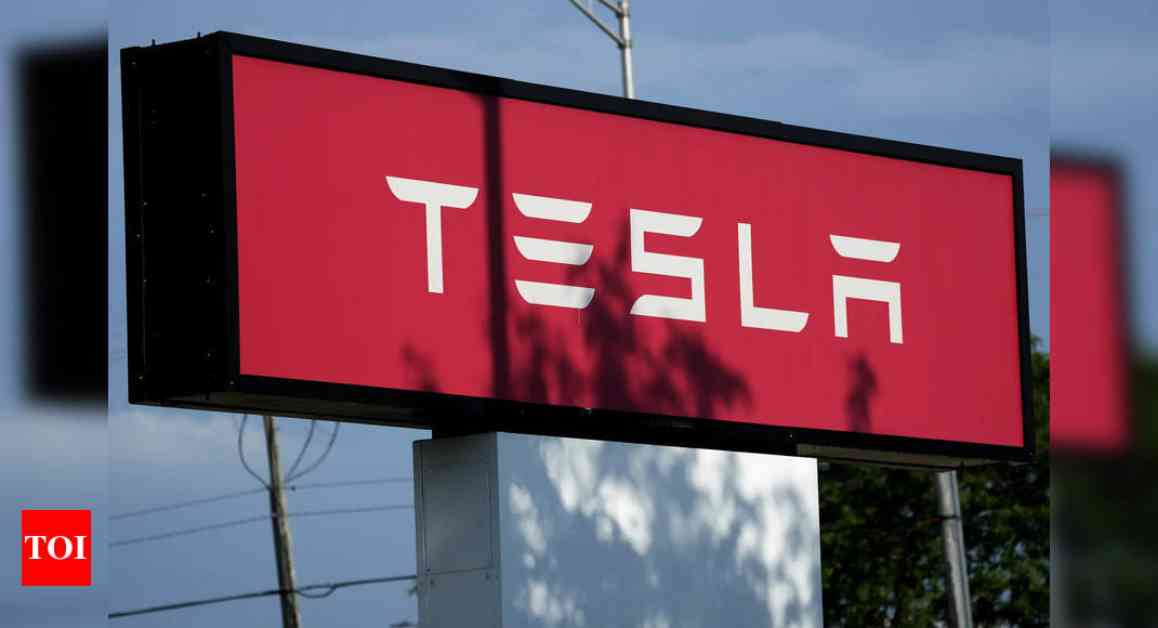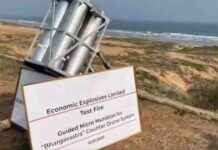Tesla’s Future Growth Amidst Mixed Financial Results
Despite reporting lower than anticipated profits, Tesla’s outlook for the year 2025 appears promising, with a focus on increased sales volume and advancements in autonomous driving technology. The electric car company, led by CEO Elon Musk, faced a challenging year marked by political entanglements and profit pressures. Let’s delve deeper into the recent developments at Tesla and the road ahead.
Financial Performance and Growth Projections: A Closer Look
Tesla’s fourth-quarter profits of $2.3 billion represented a 71 percent decline from the previous year, largely due to the absence of a one-time tax benefit. Revenues, however, saw a two percent increase, reaching $25.7 billion, driven by a significant uptick in energy generation and storage sales. The company’s performance fell short of analyst expectations, highlighting the complex landscape Tesla operates in.
Musk’s Vision for 2025: Autonomous Driving and New Products
Looking ahead, Tesla aims to bounce back in 2025 by leveraging advancements in vehicle autonomy and the introduction of innovative products. The company expressed confidence in the return of growth in its vehicle business, with plans to unveil more affordable models and launch a new robotaxi venture in select US regions. Musk’s ambitious projections position Tesla as a potential industry leader, emphasizing the transformative power of autonomous driving technologies.
Navigating Challenges and Competition in the EV Market
Tesla’s journey towards growth is not without obstacles. The company faces intensifying competition in key markets like China and the US, where established automakers like General Motors and Ford are expanding their electric vehicle offerings. The underperformance of the Cybertruck, a polarizing Tesla model, has also impacted sales figures. Despite these challenges, Tesla remains optimistic about its future prospects.
The Quest for Full Autonomy: Implications and Challenges
One of Tesla’s key differentiators is its pursuit of full self-driving capabilities, a goal that has eluded the company thus far. Musk’s ambitious promises regarding the launch of FSD services in Austin, Texas, underscore the company’s commitment to pushing the boundaries of autonomous technology. The quest for full autonomy, while promising, poses regulatory, safety, and ethical challenges that Tesla must navigate effectively.
Musk’s Political Alignments and Public Perception
Elon Musk’s foray into politics has raised eyebrows and generated controversy. His alliance with former President Donald Trump and vocal support for far-right movements have sparked criticism and legal challenges. Public opinion of Musk remains divided, with a recent poll showing a negative perception of the billionaire entrepreneur. These political entanglements add a layer of complexity to Tesla’s narrative, highlighting the intersection of business, technology, and ideology.
Future Prospects and Market Response
Despite the challenges and controversies surrounding Tesla, the company’s stock rose 4.4 percent in after-hours trading, reflecting investor confidence in its long-term potential. As Tesla charts a course towards 2025, balancing financial performance with technological innovation and market competition will be key to its success. The coming years promise to be a transformative period for Tesla and the broader electric vehicle industry, with implications that extend far beyond the realm of automotive innovation.























